Kaspersky discovers Keenadu – A multifaceted Android malware that can come preinstalled on new devices
Kaspersky has detected a new malware for Android devices that it dubbed Keenadu. This malware is distributed in multiple forms…

Kaspersky has detected a new malware for Android devices that it dubbed Keenadu. This malware is distributed in multiple forms…

Kaspersky Global Research and Analysis Team researchers have discovered that attackers behind the Notepad++ supply chain compromise targeted a government…

Kaspersky has released Protection beyond detection: Why trust and transparency decide your cybersecurity future, a new whitepaper based on an independent transparency…

As cyberthreats grow more complex and relentless, Africa’s digital ecosystem is facing a new wave of sophisticated attacks. From AI-driven…

As Apple opened preorders for the new iPhone, Kaspersky detected a spike in scam exploiting the device’s launch hype, with fraudsters…

Nigeria’s digital transformation is happening at full speed, and so is the attention of those who would exploit it. At…

In a decisive move to bolster Nigeria’s cybersecurity landscape, the National Information Technology Development Agency (NITDA) has signed a strategic…
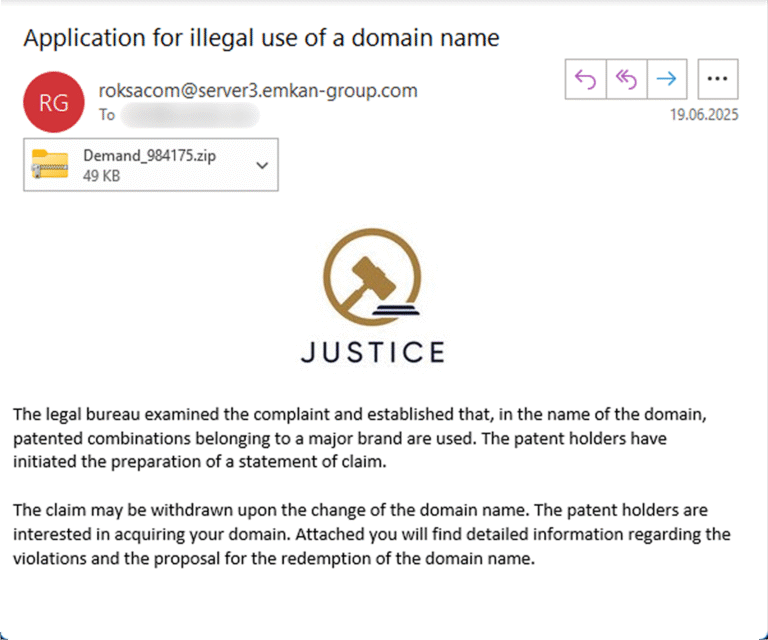
According to Kaspersky Security Network, between October 2024 and July 2025, over 5,000 users — both individuals and organisations —…

Kaspersky Threat Lookup now provides customers with summaries and article abstracts related to analysed objects in the OSINT (Open-Source Intelligence)…

As Artificial Intelligence (AI) reshapes the cybersecurity landscape, organisations worldwide face escalating challenges when protecting against sophisticated AI-powered attacks. Despite…
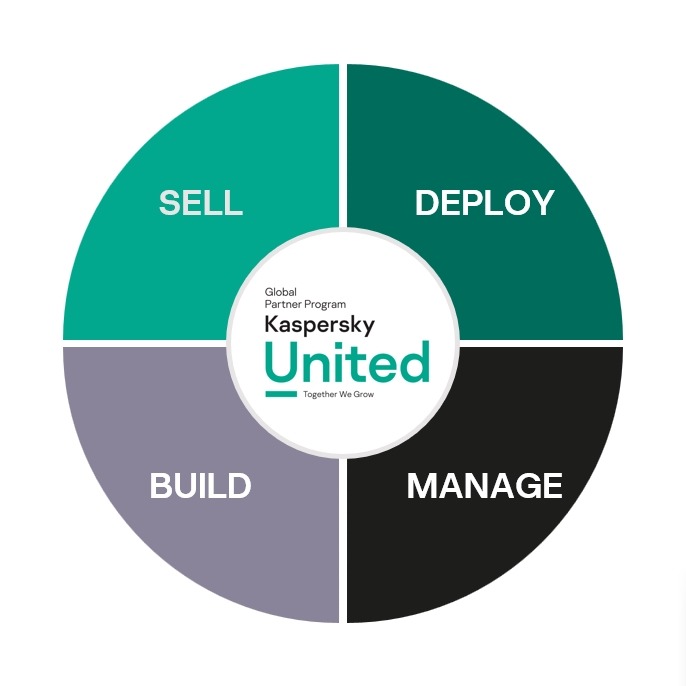
Kaspersky has introduced a new approach within its BUILD track of Kaspersky United partner program to make cybersecurity more accessible…

Kaspersky’s latest analysis of the 25 most prevalent web tracking services, including Google services, New Relic and Microsoft, has revealed…

Kaspersky’s latest analysis of the 25 most prevalent web tracking services, including Google services, New Relic and Microsoft, has revealed…

Kaspersky has compiled a list of top tips for staying safe while dating online based on a new survey that…

The World Bank reports that internet penetration in the African region increased steadily from 26% in 2019 to 36% in…
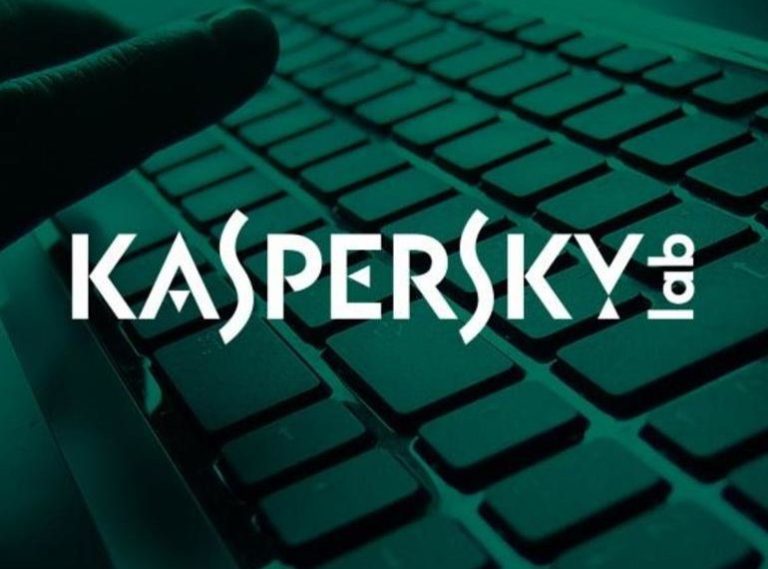
In 2022, phishing affected 7% of Nigerian internet users, according to a statement released on Thursday by leading antivirus company…
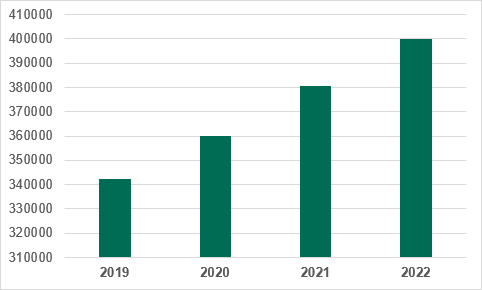
In 2022, Kaspersky’s detection systems discovered on average 400,000 malicious files distributed every day, indicating a 5% growth compared to…

“The first reports about the breach of TikTok appeared a few days ago. On the Breach Forums message board, an unknown user…

According to Russian internet security company Kaspersky, more Microsoft Office vulnerabilities are being exploited globally than in Q1 2022. These…
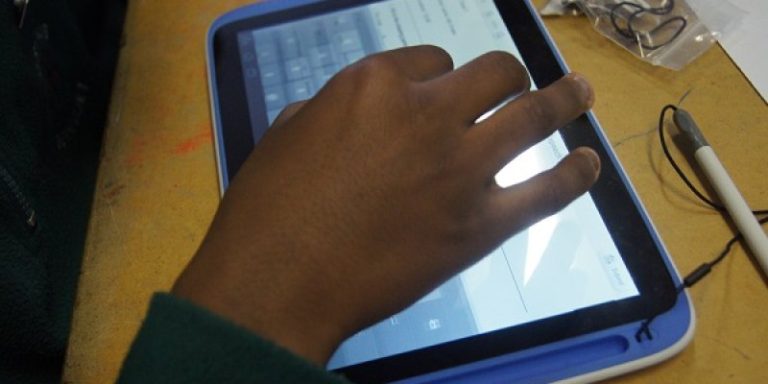
A recent survey conducted at the request of Kaspersky by Toluna research agency observed the technical challenges families faced during…

The increase in cyberthreats recorded by global internet security firm Kaspersky in the first half of this year across South…
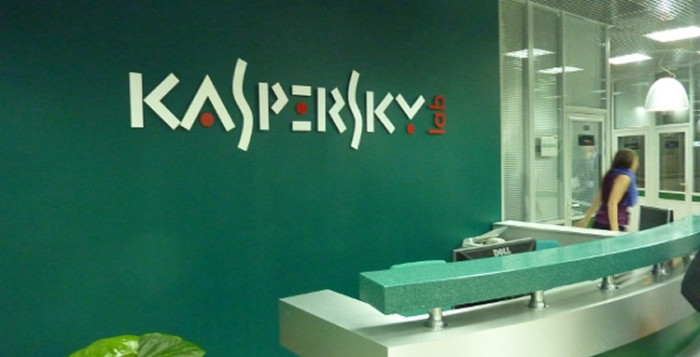
Kaspersky, with the support of the DiploFoundation (a non-profit educational foundation), has developed an online simulation game to help diplomats and other…

The latest edition of Kaspersky’s annual IT Security Economics report reveals the growing severity of cybersecurity incidents affecting businesses through suppliers that…

Which social media platforms, services do Internet users have most privacy concerns about? Written By Yinka Okeowo Kaspersky analysed anonymised data,…